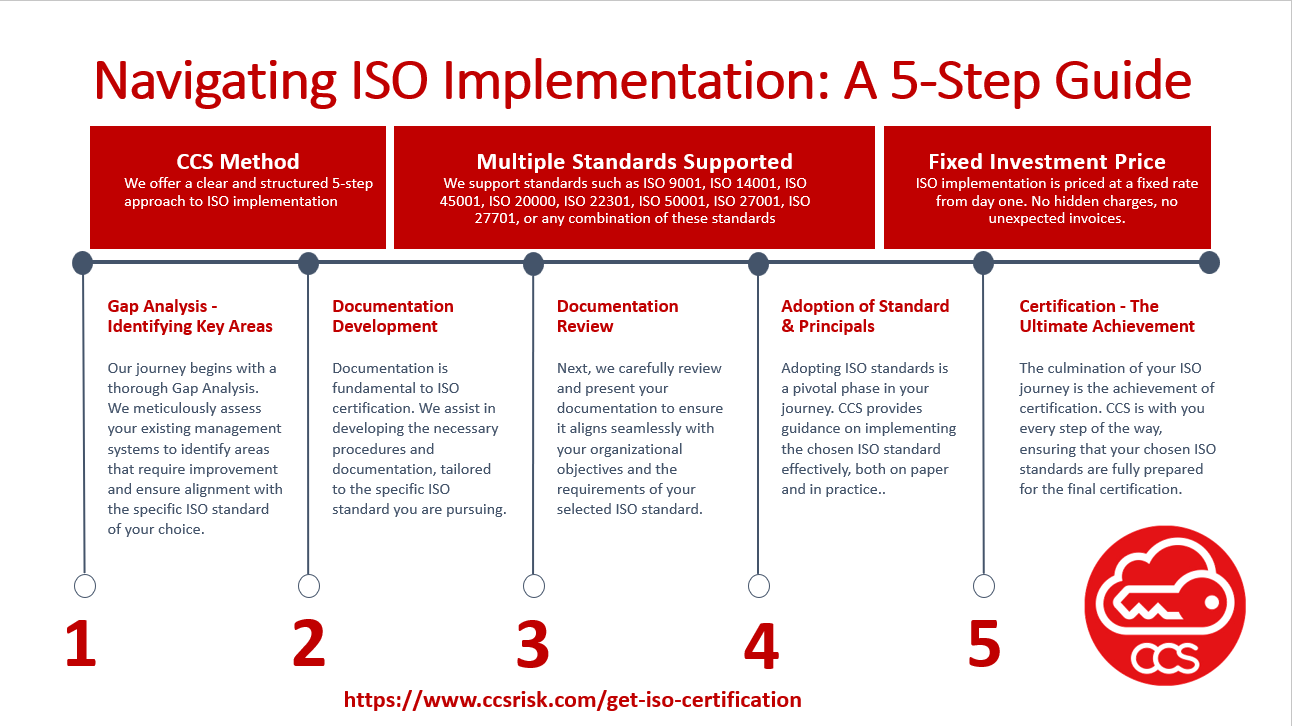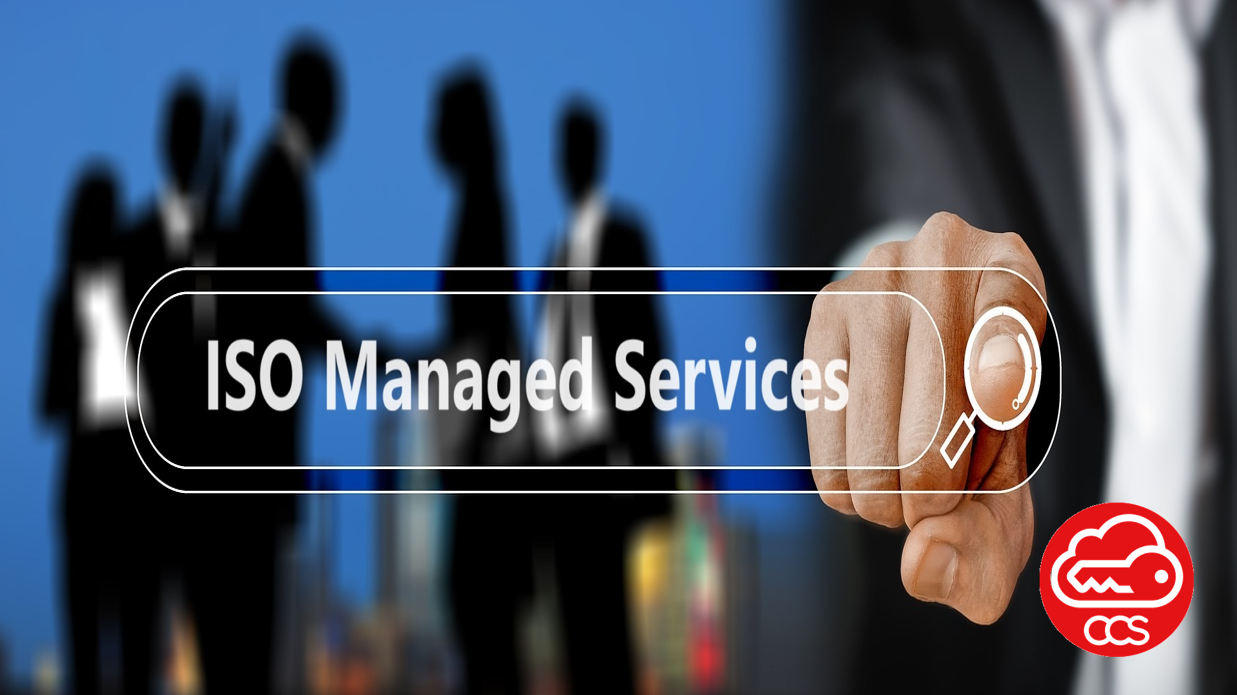CCS stands as a strategic partner in supporting businesses towards excellence by providing consultancy and certification for a range of ISO standards. These standards cover diverse areas such as quality management, environmental sustainability, health and safety, energy management, information security, IT service management and business continuity.
Scrabble for Sustainability:
Leveraging ISO Standards for Enhanced ESG Performance
Environmental, Social, and Governance (ESG) considerations have become increasingly vital for organizations seeking to demonstrate their commitment to sustainability, social responsibility, and ethical governance. As stakeholders, including investors, customers, employees, and regulators, place greater emphasis on ESG factors, organizations are turning to internationally recognized standards to guide their efforts. Among these standards, the International Organization for Standardization (ISO) offers a comprehensive suite of frameworks designed to address various aspects of organizational management. In this article, we explore how key ISO standards, including ISO 9001, ISO 14001, ISO 45001, ISO 27001, ISO 22301, and ISO 50001, can help organizations enhance their ESG performance.
ISO 9001: Quality Management System (QMS)
ISO 9001 provides a robust framework for organizations to establish and maintain effective quality management systems. While traditionally associated with product and service quality, ISO 9001 also plays a crucial role in advancing ESG objectives. By focusing on customer satisfaction, continuous improvement, and stakeholder engagement, ISO 9001 helps organizations meet ESG expectations by delivering products and services that meet environmental and social standards while adhering to governance principles.
ISO 14001: Environmental Management System (EMS)
ISO 14001 enables organizations to manage their environmental responsibilities in a systematic and effective manner. By implementing ISO 14001, organizations can identify, prioritize, and mitigate environmental risks, reduce their ecological footprint, and demonstrate a commitment to sustainability. Through initiatives such as pollution prevention, resource efficiency, and regulatory compliance, ISO 14001 supports organizations in achieving their environmental goals while addressing the "E" in ESG.
ISO 45001: Occupational Health and Safety Management System (OHSMS)
ISO 45001 focuses on ensuring a safe and healthy work environment for employees, contractors, and other stakeholders. By adopting ISO 45001, organizations can systematically identify and manage occupational health and safety risks, prevent workplace accidents and injuries, and promote a culture of employee well-being. In addition to fulfilling legal and regulatory obligations, ISO 45001 aligns with the "S" in ESG by prioritizing social responsibility and fostering a positive workplace culture.
ISO 27001: Information Security Management System (ISMS)
ISO 27001 provides a framework for organizations to establish, implement, maintain, and continually improve information security management systems. In an era of increasing cybersecurity threats and data privacy concerns, ISO 27001 helps organizations safeguard sensitive information, protect against cyberattacks, and ensure compliance with relevant regulations. By addressing the "G" in ESG, ISO 27001 promotes good governance practices, transparency, and accountability in managing information security risks.
ISO 22301: Business Continuity Management System (BCMS)
ISO 22301 assists organizations in preparing for and responding to disruptive incidents, ensuring continuity of operations and minimizing the impact on stakeholders. By establishing a robust business continuity management system, organizations can identify potential threats, develop response and recovery plans, and maintain critical functions during crises. ISO 22301 contributes to ESG objectives by enhancing organizational resilience, protecting stakeholder interests, and promoting responsible governance practices.
ISO 50001: Energy Management System (EnMS)
ISO 50001 enables organizations to establish systematic processes for improving energy performance, enhancing energy efficiency, and reducing greenhouse gas emissions. By implementing ISO 50001, organizations can identify energy consumption patterns, set energy performance targets, and implement measures to optimize energy use. Through initiatives such as renewable energy adoption, waste reduction, and carbon footprint reduction, ISO 50001 supports organizations in achieving their environmental goals while contributing to sustainable development and addressing the "E" in ESG.
In conclusion, ISO standards offer valuable frameworks for organizations seeking to enhance their ESG performance and demonstrate their commitment to sustainability, social responsibility, and ethical governance. By adopting and integrating ISO 9001, ISO 14001, ISO 45001, ISO 27001, ISO 22301, and ISO 50001 into their operations, organizations can effectively manage risks, improve stakeholder trust, and contribute to sustainable development goals. As ESG considerations continue to gain prominence in the global business landscape, leveraging ISO standards provides organizations with a practical roadmap for achieving ESG objectives and driving long-term value creation.





